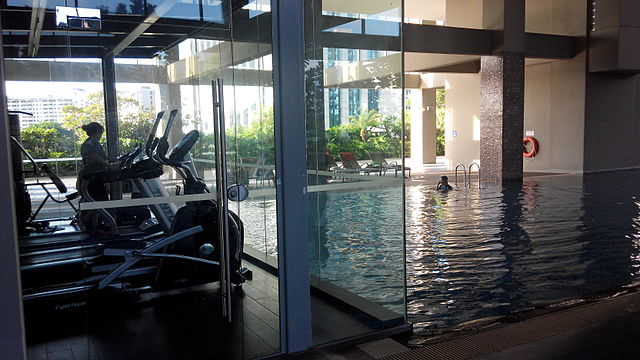How the energy crisis is pushing sport to the brink
For years now, the big names in sport have spent recklessly – aimlessly at times, in fact – to seemingly no consequence. And for those that can afford to do so, this is no problem. With the immense amount of funding available at the very pinnacle of sport, it is unlikely that we will see issues like the cost-of-living crisis having much impact, if any at all.
However, at any other level of sport, such monstrous amounts of money are not so readily available. As such, the ongoing energy crisis has been having an enormous effect. Recently, almost 200 sports governing bodies, health organisations, and top athletes coalesced to pen a letter to the UK Prime Minister, Rishi Sunak, to warn of the pressing issues faced by a huge number of gyms, leisure centres, pools, and clubs.
The group have reportedly made an “urgent plea” that the government “think again and provide the necessary support to the sport, recreation and physical activity sector”.
The government’s energy support scheme has aided many of us with funding our bills throughout this year, but that scheme is coming to an end in April. While we as students will be taking a hit without the additional financial aid, so too will the entire leisure sector. Libraries, museums, and galleries will remain eligible for government help, but sports will be receiving no such benefits.
The coalition have noted that should the government fail to provide greater support for the sports sector, there will be an “escalation of service reductions and closures at swimming pools, gyms, leisure centres, community facilities and clubs across the UK”, representing a “cliff edge for these vital but energy-intensive services”.
warned there will be “incredibly damaging consequences for our national health and prosperity” should things continue on their current course
Naturally, as alluded to in the coalition’s letter, these services do not come cheap on the energy usage front. One must consider the costs involved in powering heaters, air conditioners, exercise equipment, even everyday appliances such as refrigerators, washing machines, desktops, microwaves, etc. Compared to places such as museums, an average gym is far more costly to power.
That being said, there is also no denying that these are crucial services that offer a great deal to a large amount of people. For many, sport is their life, be it as a spectator, an athlete, or just for those looking to keep fit. And yet, in the last year, 29 leisure centres, pools or gyms have closed either temporarily or permanently as a direct result of rising energy costs (as per UK Active).
Meanwhile, over 300 more of these services have had to balance out their books by reducing their hours, increasing their membership fees, or lowering pool temperatures in order to remain afloat.
In order to combat this, the group have requested that the Prime Minister reclassify swimming pools as being ‘energy intensive’, therefore giving them access to greater discounts on prices.
Further to this, the coalition asks that the ministers set out what “tangible support” will be made available to the entire leisure sector to ensure that no more losses are made to the ongoing energy crisis.
The group have warned there will be “incredibly damaging consequences for our national health and prosperity” should things continue on their current course.
A government spokesperson has acknowledged the issue, stating: “We know our grassroots sports facilities are contending with increases in running costs. We provided an £18bn package of support for organisations including clubs, pools, leisure centres, schools, charities and businesses throughout the winter.
“We made £1bn available to ensure the survival of sports and leisure sectors during the pandemic, giving councils an additional £3.7bn to deliver key services such as leisure centres and swimming pools, and we are investing £300m to build or upgrade thousands of grassroots facilities across the UK.”
With the cost-of-living crisis affecting everyone in different ways, it is no surprise that the sport sector has taken a hit as well. It would be a terrible shame to see any more losses on this front, with so many people reliant on it to escape the trials and tribulations of everyday life – let us hope something can be done to save the sinking ship.

Comments